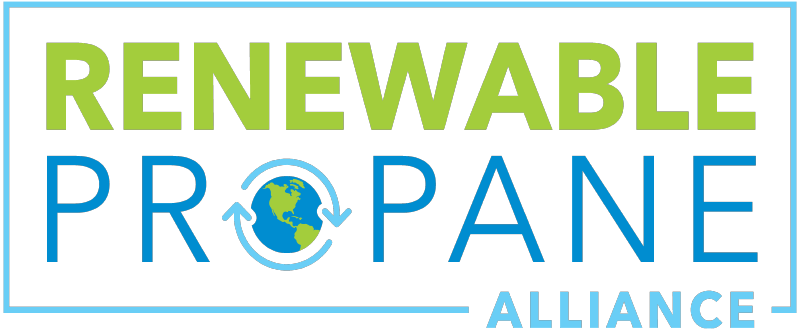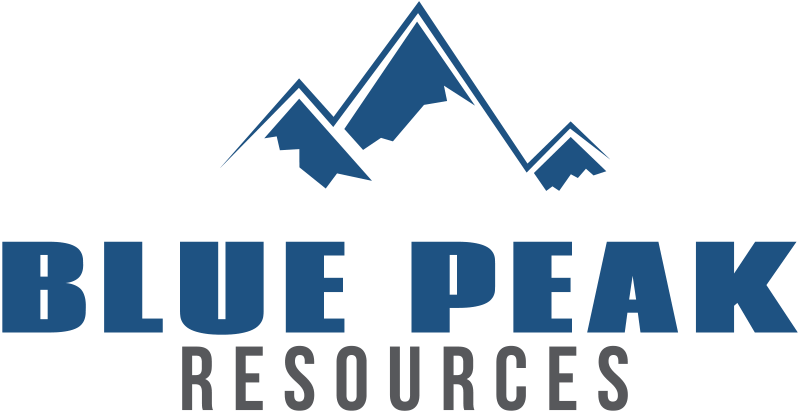What Is Renewable Propane Made From?
What Is Renewable Propane Made From?
The materials in renewable propane gas and other innovative blends
One of the reasons that renewable propane (rPG) is so promising as a means for lowering carbon emissions is that it can be blended with conventional propane and used in unmodified propane-fired equipment. That’s because rPG has the same chemical structure and physical properties as conventional propane. It enables fuel producers and retailers to incorporate renewable material into their propane and vastly lower its carbon intensity (CI).
Renewable propane is methane-free and has a CI as low as zero. It’s created from renewable sources. Let’s take a moment to discuss the materials that go into making renewable propane and other innovative blends.

The four primary sources for renewable propane
The feedstocks used in producing renewable propane are plentiful and inexpensive. Many would otherwise languish in landfills, contributing to greenhouse gas emissions. They fall into four categories:
- Forest resources, including woody biomass
- Agriculture residues, like stalks and leaves
- Municipal solid waste, from food scraps to grass clippings
- Fats, oils and grease
You might notice that these feedstocks are similar to those used in creating biodiesel and other biofuels. Just as conventional propane can be extracted as a co-product of oil refining, rPG can emerge from the same process as biofuel production.
Converting feedstocks to rPG
The process of converting renewable feedstocks into fuel has a relatively low carbon intensity. It follows this general trajectory:
- Pretreatment — Impurities are removed from the feedstock.
- Hydrotreating — The feedstock is treated with hydrogen to generate the necessary compounds.
- Isomerization — Molecules are rearranged to reduce the potential for crystallization in the resulting fuel.
- Fractionation — These molecules are separated into different fuels, including rPG.
Blending renewable dimethyl ether (rDME)
Another significant material promises to greatly reduce propane’s carbon intensity — renewable dimethyl ether or rDME.
This colorless gas has similar handling requirements to propane, so it can be stored in the same containers as conventional propane. Already, rDME is used as an alternative to diesel, and according to the U.S. Department of Energy, it “can virtually eliminate particulate emissions and potentially negate the need for costly diesel particulate filters.”
There is fantastic potential for rDME to reduce propane’s CI to zero. Many manufacturers are working on research to ascertain its maximum blend percentage. You can expect to see rDME playing a big role in the near future.
Where renewable propane productions stand at the start of 2023
The companies that produce renewable propane and other renewable fuels are entering 2023 with the wind at their backs.
Neste, which has a European rPG facility with a 40,000-ton annual capacity, made headlines late last year when it provided LAX airport with over 500,000 gallons of “MY Sustainable Aviation Fuel.” This jet fuel is produced using similar feedstocks to renewable propane.
Tucker Perkins of the Propane Education & Research Council projects that the U.S. will bring over 1 billion gallons of rPG to market within 10 years. By 2030, rPG, along with conventional propane and other innovative blends, should be the most widely accessible and affordable zero-carbon solution to America’s energy challenges.
In short, renewable propane is the liquid fuel for our future.
Energy Industry Strategists & Advisors

Tom Jaenicke
Specialties: Provides marketing services, technical advice, and business development assistance to privately held and public energy companies, product manufacturers, and support organizations.
Contact Us
Let us know how we can help with your energy needs. Fill out the form below or give Tom a call at 810.252.7855
We take your personal information very seriously. We will not share any of the information you provide with any 3rd parties. Provided information will be used specifically to contact you in regards to your inquiry.





